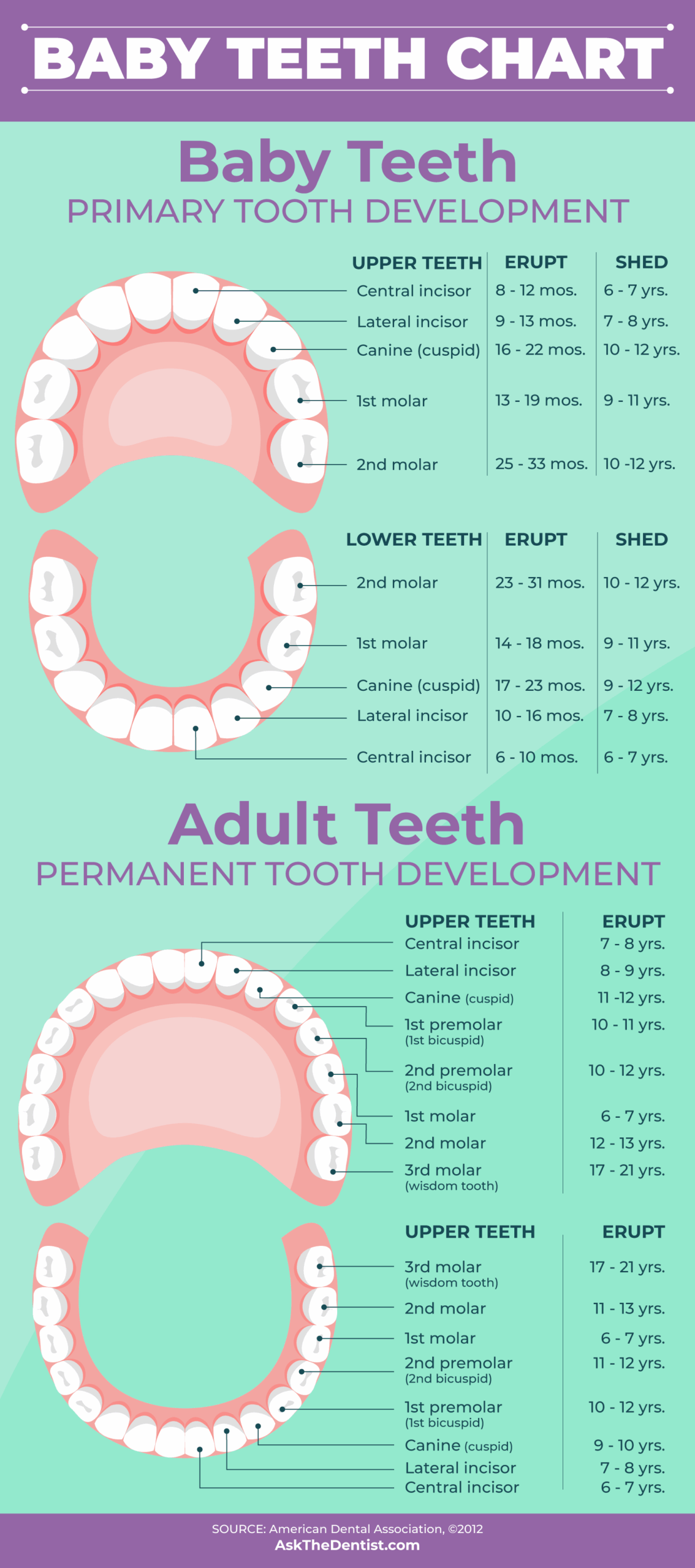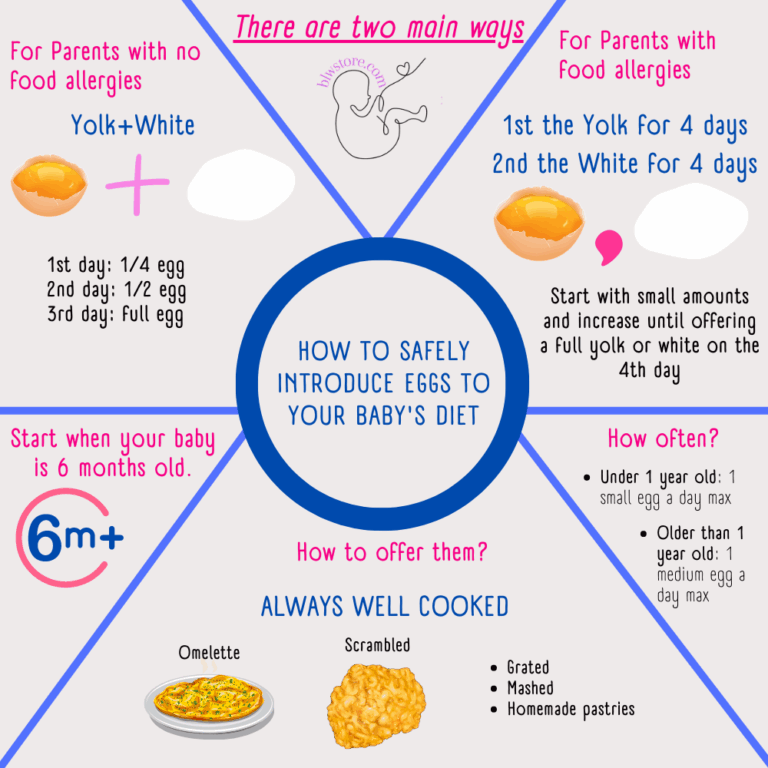When Do Baby Teeth Fall Out: A Guide for Parents
As a parent, it’s essential to understand the different stages of your child’s dental development. One of the milestones in this process is when baby teeth fall out to make way for permanent teeth. In this article, we will delve into the details of when baby teeth fall out, what to expect during this period, and how to ensure your child’s oral health remains a top priority.
Knowledge
When Do Baby Teeth Fall Out? This is a common question among parents, and the answer can vary for each child. Generally, children start losing their baby teeth around the age of 6 or 7. However, this timeline can differ, with some children losing their first tooth as early as 4 years old or as late as 8 years old.
It’s essential to remember that every child is unique, and the timing of when baby teeth fall out is part of their individual growth and development. The process of losing baby teeth usually continues until the age of 12 or 13 when all 20 baby teeth have been replaced by permanent teeth.
During this period, it’s crucial to monitor your child’s oral health and keep track of when their baby teeth start to become loose. Encourage good dental hygiene practices, such as regular brushing and flossing, to maintain healthy gums and teeth.
There are some common signs and symptoms that indicate a baby tooth is ready to fall out. These may include:
If your child experiences any of these symptoms, it’s essential to consult with a pediatric dentist to ensure proper care and treatment.
Conclusion
In conclusion, knowing when baby teeth fall out is a crucial part of understanding your child’s dental development. By being aware of the signs and symptoms, you can help your child navigate this phase with ease and ensure their oral health remains in top condition.
Parents play a vital role in monitoring their child’s dental development and providing the necessary support and guidance. By maintaining good oral hygiene habits and seeking regular dental check-ups, you can set your child up for a lifetime of healthy smiles.






